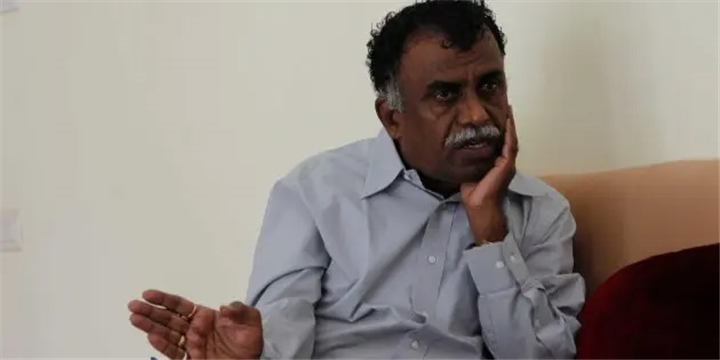
Arguing that one book from India’s classical languages should find space as its ‘National Book’, Sreekumar plugs the Tamil classic Tirukural.
The literal meaning of Tirukural is “dignified (Tiru) couplet (kural)”. The book has 133 chapters, each one containing 10 couplets. Tirukural has 3 parts, (1) Dharma (arattuppal) relating to righteousness, (2) Artha (porutpal) on wealth and (3) Kamattuppal on love, all relating to eternal values known as Purusharthas or human pursuits. Each couplet, laced with pragmatic utility, creates an ethical architecture for leading an ideal life individually, i9n relation to society, the State and the world.
The poet Tiruvalluvar, oft fondly called the ‘athetist’ or ‘agnostic’ poet of Tamil has condified values evolved in the thoughts of Vedic Brahminism, Buddhism and Jainism, after filtering out religious, ritualistic, occult, exclusivist and sectarian ideas and so this book remained clinically secularism-based treatise, with sound logic and reason. The book projects a remarkable synthesis of the best of Indian religions at the time.
There have been early, 18th century translations by western Indologists highly impressed by Tirukural, into several European languages. Dr. G. U. Pope, who translated it into English, had ranked it with the best of world literature of all languages. He hailed Tiruvalluvar as ‘Bard of Universal Men’. Dr. Albert Sehweitzer – philosopher, scientist, and writer – in his book ‘Indian Thought and its Development’ observed “There hardly exist in the literature of the world a collection of maxims in which we find such lofty wisdom”. M. Ariel, the great French savant, estimated Tirukural as “a masterpiece of Tamil Literature, one of the highest and purest expressions of human thoughts”.